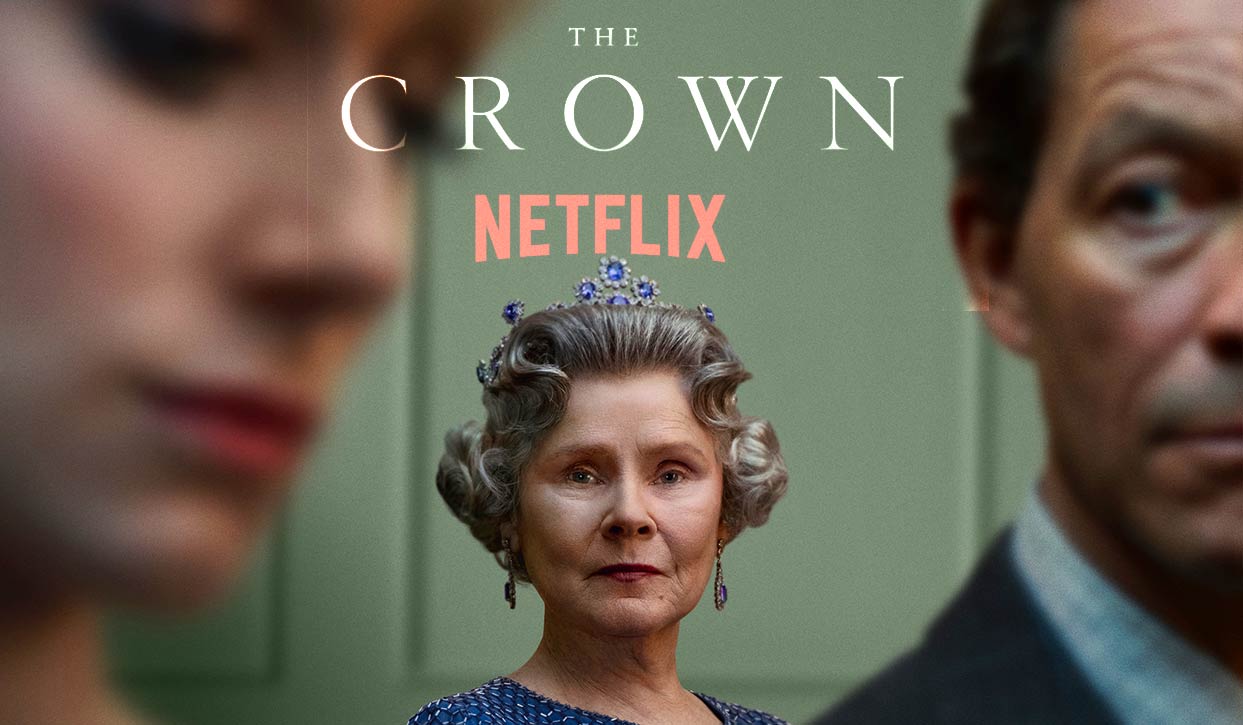Saltburn Movie Review, Ratings, Key Points, Analysis, And Impression
Emerald Fennell’s newest creation, “Saltburn,” beckons audiences into the captivating world of Oxford students Oliver and Felix. Within the grandeur of Felix’s family estate, Saltburn, the film spins a tale entwined with toxic elitism, lust, and envy. Join me on this journey through Fennell’s exploration, where we dissect stellar performances, scrutinize script nuances, and evaluate the daring directorial choices shaping this audacious spectacle. Let’s dive into the review, delving into key points, analysis, and overall impressions of “Saltburn.”
Saltburn Movie Review
Fennell’s “Saltburn” reveals a cinematic tapestry woven with themes of privilege, deception, and complexities within Oxford’s elite circle. The film’s portrayal of post-adolescent instability and relationship dynamics within Oxford’s halls provides a captivating backdrop. However, Fennell’s ambitious screenplay struggles to translate these themes into a cohesive narrative. The meandering storyline, lacking clear coherence and logic, diminishes the film’s impact, leaving audiences yearning for a more refined exploration of the characters’ experiences.
Rosamund Pike’s standout performance as Elspeth injects a delightful layer of impolite charisma, offering occasional perverse pleasures. Pike’s portrayal becomes a respite from the narrative’s disjointed nature, infusing the character with moments of intrigue. Conversely, Barry Keoghan’s attempt to blend iconic characters falls short, lacking a memorable and cohesive role. The supporting cast, especially Archie Madekwe as Farleigh, contributes moments of interest, but their potential is hindered by overarching narrative challenges. While the film’s setting and character dynamics create flashes of brilliance, it struggles to sustain a compelling narrative throughout its 127-minute runtime.
The Cinematic Discord: Balancing Style and Substance
In Fennell’s pursuit of a unique visual style and non-traditional storytelling, “Saltburn” grapples with a discord between thematic ambitions and stylistic choices. The film heavily relies on styling, stunts, and music-video sequences, creating a visual landscape oscillating between psychological thriller and fantasy.
However, the challenge lies in reconciling these components with the film’s inclination to critique toxic elitism. The struggle to strike a balance between the film’s thematic depth and its stylistic choices leaves the audience with a yearning for a more harmonious cinematic experience.
The music, a crucial element in setting the tone, contributes to the film’s atmospheric fluctuations. From the deliberate selection of tracks to the incorporation of a karaoke scene featuring the Pet Shop Boys’ “Rent,” the soundtrack enhances certain moments. Yet, Fennell’s decision to prioritize real opulence over a comedic exploration of it reinforces the film’s commitment to a specific visual and tonal aesthetic. The film’s reliance on a music-video fantasia during the coda may be perceived as overly literal, detracting from the overall impact. In navigating this cinematic discord, “Saltburn” stands as an audacious attempt that, despite its moments of brilliance, leaves audiences pondering the delicate equilibrium between style and substance in modern filmmaking.
Key Points
What’s Good:
- Rosamund Pike Shines: Rosamund Pike’s portrayal of Felix’s mother, Elspeth, injects splendidly impolite moments, offering occasional perverse pleasures.
- Archie Madekwe’s Delightful Touch: Archie Madekwe’s depiction of the malicious Farleigh adds a delightful touch, providing moments of intrigue and amusement.
- Intriguing Oxford Dynamics: The film captures glimpses of post-adolescent instability and dynamics within the Oxford setting.
What’s Bad:
- Lack of Restraint in Direction: Fennell’s screenplay and direction lack restraint, leading to a narrative that meanders without clear coherence, logic, or pacing.
- Tedious Exploration of Psychopathology: The film’s attempt at delving into psychopathology feels tedious and crude, missing the mark in delivering a compelling exploration.
- Climax Dissatisfaction: The uninhibited climax, while bold, leaves the audience with a sense of dissatisfaction.
Loo Break:
Recommended Break at 75-Minute Mark: The film’s 127-minute duration may prompt a need for a break around the 75-minute mark when discomfort becomes overwhelming.
Analysis
Script Analysis
Fennell’s screenplay endeavors to explore toxic elitism but feels unpolished. The meandering storyline sacrifices character depth, and the attempt to delve into psychopathology comes across as tedious. While occasional perverse pleasures add intrigue, they fail to salvage the disjointed narrative.
Star Performance
- Rosamund Pike Shines: Pike’s portrayal of Elspeth captivates with glorious rudeness, offering respite from the film’s disjointed nature.
- Barry Keoghan’s Struggle: Keoghan’s attempt to blend iconic characters falls short, lacking a memorable and cohesive role.
- Supporting Cast Highlights: The supporting cast, especially Archie Madekwe as Farleigh, adds moments of interest, though their potential is constrained by the film’s narrative challenges.
Direction, Music
- Stylistic Choices Overshadow Themes: Fennell’s direction relies heavily on styling and stunts, overshadowing nuanced exploration. Music sets the tone but the film struggles to balance gothic mischief and critique.
- Visual Opulence, Music Choices: Despite visual opulence and creative music, the film’s direction contributes to a sense of unfulfilled potential.
- Struggle for Balance: The film faces challenges in smoothly blending thematic ambitions with stylistic choices, leaving the audience yearning for a more harmonious cinematic experience.
Impression
The Last Word: “Saltburn” offers moments of perverse pleasure and visual opulence but lacks emotional resonance and narrative coherence. Fennell’s approach, while amusing, leaves viewers with a sense of unfulfilled potential.
Additional Observations
- Character Dynamics: The chemistry and dynamics between characters, especially in the Oxford setting, provide glimpses of post-adolescent instability. However, the film struggles to capitalize on these moments, leaving the supporting performances somewhat overshadowed by the overall disjointed nature of the storytelling.
- Ambitious Themes: Fennell’s attempt to dissect toxic elitism and navigate complex relationships is commendable but falls short of delivering a seamless and compelling narrative.
- Narrative Discord: The film’s inclination to both critique and revel in its subject matter generates a discord that impedes the script’s efficacy.
Final Thoughts
Emerald Fennell’s “Saltburn” leaves audiences questioning its approach to storytelling. While it offers occasional moments of perverse pleasure and a visually opulent setting, it lacks the emotional resonance and narrative coherence found in Fennell’s previous work, “Promising Young Woman.” The film’s attempt at dissecting toxic elitism and navigating complex relationships falls short, leaving audiences with a sense of unfulfilled potential.





















